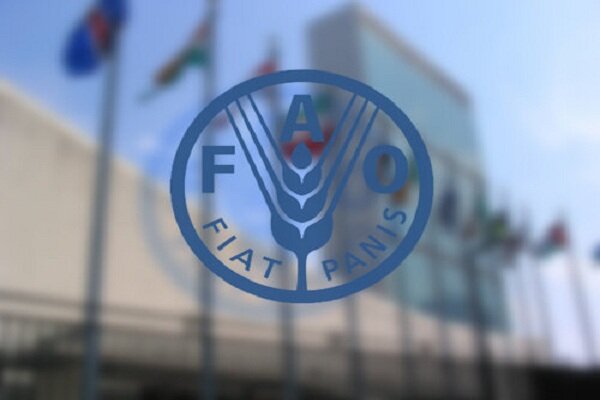Speaking at the World Soil Day event, organized by the Ministry of Agriculture Jihad on Tuesday 3 December 2019, Bödeker said, “FAO urges its member states to adopt policies motivating the wide spectrum of stakeholders in pursuing farming approaches that promote the sustainable management of soil,” adding “agroecology, conservation agriculture, organic farming, zero tillage farming, and agroforestry,” are among the main practices advocated by FAO in this regard.
FAO Representative to Iran emphasized that the soil is a finite resource, meaning its loss is not recoverable within a human lifespan.
He further said, “Erosion is the greatest threat to soil health and soil ecosystem services in many regions of the world.”
“Erosion causes the removal of the fertile surface soil horizon, incorporation of denser subsoil into the surface layer, and a decrease in the rooting zone of the soil; a sequence that adversely affects crop growth and yield,” he added.
As per the latest report published by FAO, the impact of erosion on global crop yields has been estimated to be a reduction by 0.4 percent per year.
The report asserts that soil erosion contributes to the pollution of waterways and releases soil organic carbon from the soil.
FAO Representative to Iran in his concluding remarks underscored that observing World Soil Day presents an opportunity to recognize the value of our soils for soil productive capacity as well as its contribution to food security and the maintenance of key ecosystem services. “As highlighted by this year’s theme, we need to work hard to ‘Stop Soil Erosion’ in order to ‘Save Our Future’.”
MNA/PR
